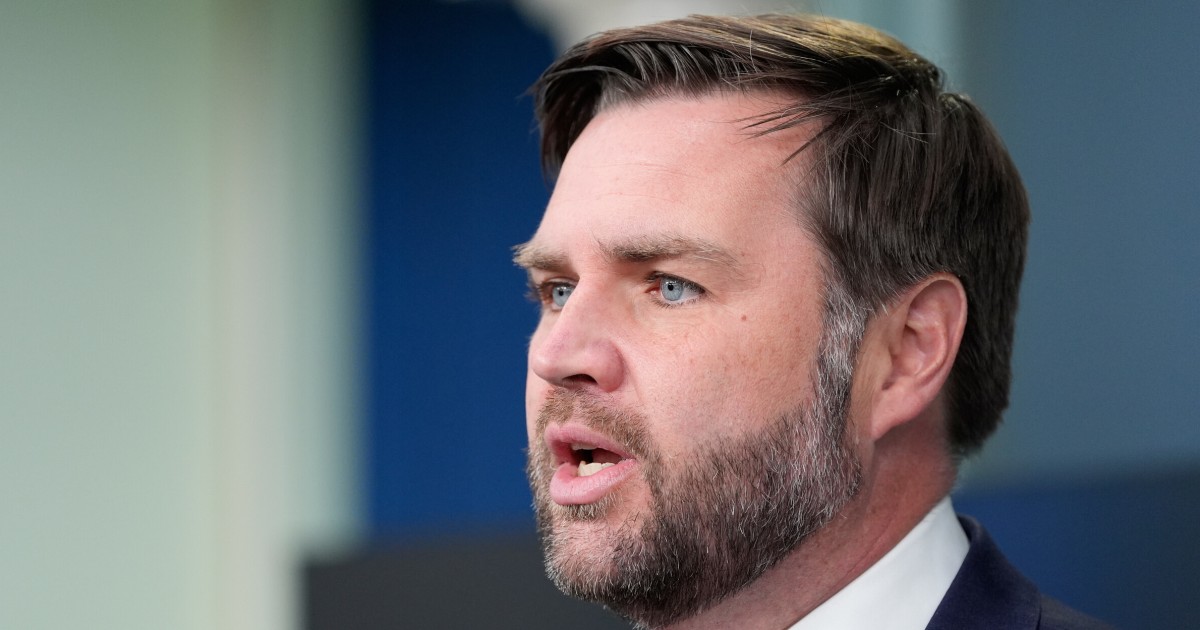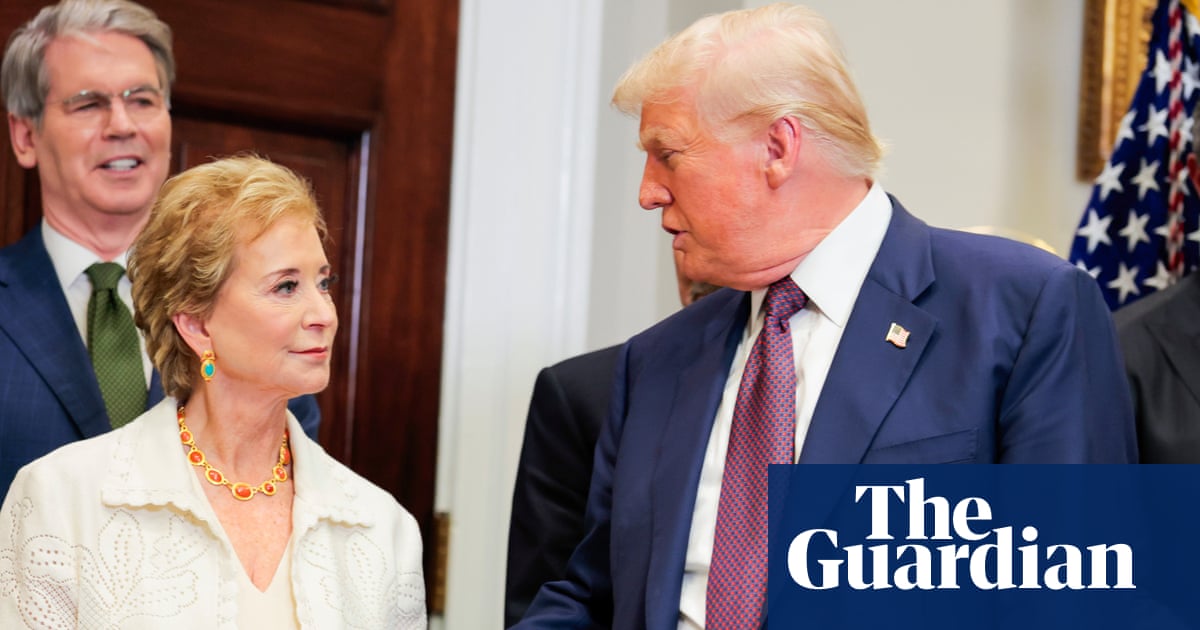It was, as my people would say, a shanda—an absolute disgrace.
On Friday, the Norwegian Nobel Committee did what everyone expected them to do: They refused to award President Donald Trump the Nobel Peace Prize. Venezuelan opposition leader María Corina Machado won the prize instead.
A true hero of democracy, Machado is no doubt deserving of this honor, and it is not her win that is disgraceful, but the decision to deny the prize to Trump. There’s a simple difference of scale here when weighing their accomplishments. And there’s no reason the Nobel couldn’t have gone to both of them outside the Committee’s petty, political hatred of Trump; in a classy move, Machado dedicated her prize to both Trump and the people of Venezuela.
The prize was announced roughly 36 hours after Trump secured a peace deal that—if it holds—will release all of the hostages remaining in Hamas captivity in Gaza, among other things. To accomplish this, the president managed to get Israel, Qatar, Egypt, Saudi Arabia, and Hamas all on the same page.
As with the other peace deals Trump has helped mediate this year alone—between Armenia and Azerbaijan, between India and Pakistan, between the Democratic Republic of Congo and Rwanda, to name just a few—it’s impossible to imagine any other global leader pulling off such a feat.
Consider the resistance he had to overcome on both sides.
For Israel’s part, you had Prime Minister Benjamin Netanyahu, who has consistently resisted calls to end the war, even when the majority of Israelis disagreed with him. Navigating the dual imperatives of the war—bringing back the hostages, and putting an end to Hamas—Netanyahu seemed to have chosen finishing Hamas over rescuing hostages.
Only Trump could tell Netanyahu in no uncertain terms that the time had come to choose the hostages and end the war. Netanyahu has for decades outmaneuvered American presidents, resisting their pressure and pursuing what he thought was best for his country.
But Trump had two trump cards, as it were: His own wild popularity in Israel no doubt made Netanyahu hesitant to cross him. And the war’s unpopularity among Israelis was only growing.
Moreover, Trump saw the deal as a way of bringing Israel back into the fold amid cratering support for the Jewish state, both in America and worldwide. As he explained to Fox News on Wednesday, “It’s brought the whole world together. It’s amazing—and it’s so good for Israel. I spoke to Bibi Netanyahu just a little while ago . . . I said, ‘Israel cannot fight the world, Bibi. They can’t fight the world.’ ”
This is not to say that Trump didn’t understand the threat of Hamas. Rather, he offered a different way to neuter the terrorist organization. Whereas Netanyahu approached Hamas as a military problem, Trump began to see it as a diplomatic one. He looked for a way to get Qatar, Egypt, Saudi Arabia, and Turkey to take responsibility for Gaza, an outcome that would destroy Hamas by means other than Israeli firepower.
By reframing Hamas not as a military problem for Israel, but as a diplomatic problem for Israel’s Muslim neighbors, Trump ultimately found a way to end the war.
So how, exactly, did he get the Arabs on board?
There are three rules to Trump’s dealmaking—ignore the experts, align the interests of the two sides, and play the long game, pivoting when necessary and taking the win whenever you can.
He ignored the conventional wisdom that what the Muslim countries wanted most of all was an end to Israel. Instead, he focused on the fact that the Muslim states in play each wanted something he could deliver.
There are three rules to Trump’s dealmaking—ignore the experts, align the interests of the two sides, and play the long game, pivoting when necessary and taking the win whenever you can.
Egypt wanted the Gazans to stay put in Gaza and not flood Sinai, plus a continuing flow of American military aid. Qatar wanted an apology from Netanyahu for an Israeli air strike. And Turkey wanted sanctions relief.
Then there’s the long game. In an earlier trip to the region, Trump had managed to show the leaders of these Arab states that he respected them and had their best interests at heart, despite his avowed and unapologetically pro-Israel stances. He courted trillions of dollars in investments to intertwine our economies to the advantage of all.
And when Bibi balked at the terms of the deal, Trump was adamant: “This is a win. Take it,” he reportedly said.
Trump was no bystander in all this. I’m told by sources close to the president that he was deeply involved in setting the parameters of the peace deal. And in a feat that truly boggles the mind, Trump’s negotiating team apparently got Qatar to agree to tone down the virulent pro-Hamas content on Al Jazeera, their state media outlet, which most of the Arab-speaking world relies on for news. This is the kind of move that could truly reshape the Middle East for the better.
Some have noted that the deadline for Nobel Peace Prize nominations is January 31, meaning that Trump’s accomplishments were not eligible for consideration. Even if we assume that’s the case, the last American president to win the prize was Barack Obama in 2009, who had barely assumed office before the deadline. And if it was really the deadline that prevented Trump from winning, what will be the prize committee’s excuse when they don’t give it to him next year?
We should take pride as Americans over what our president has accomplished for the world. This is a transformational leader the likes of which we haven’t seen since Franklin Roosevelt.
And in the end, that’s the real prize, not some silly European award. Trump never needed the Nobel. But the jurors have still disgraced themselves by not acknowledging him.
To see Batya Ungar-Sargon discuss this column with Steve Bannon, tune in to NewsNation Saturday at 4 p.m. or 11 p.m.
Source link



